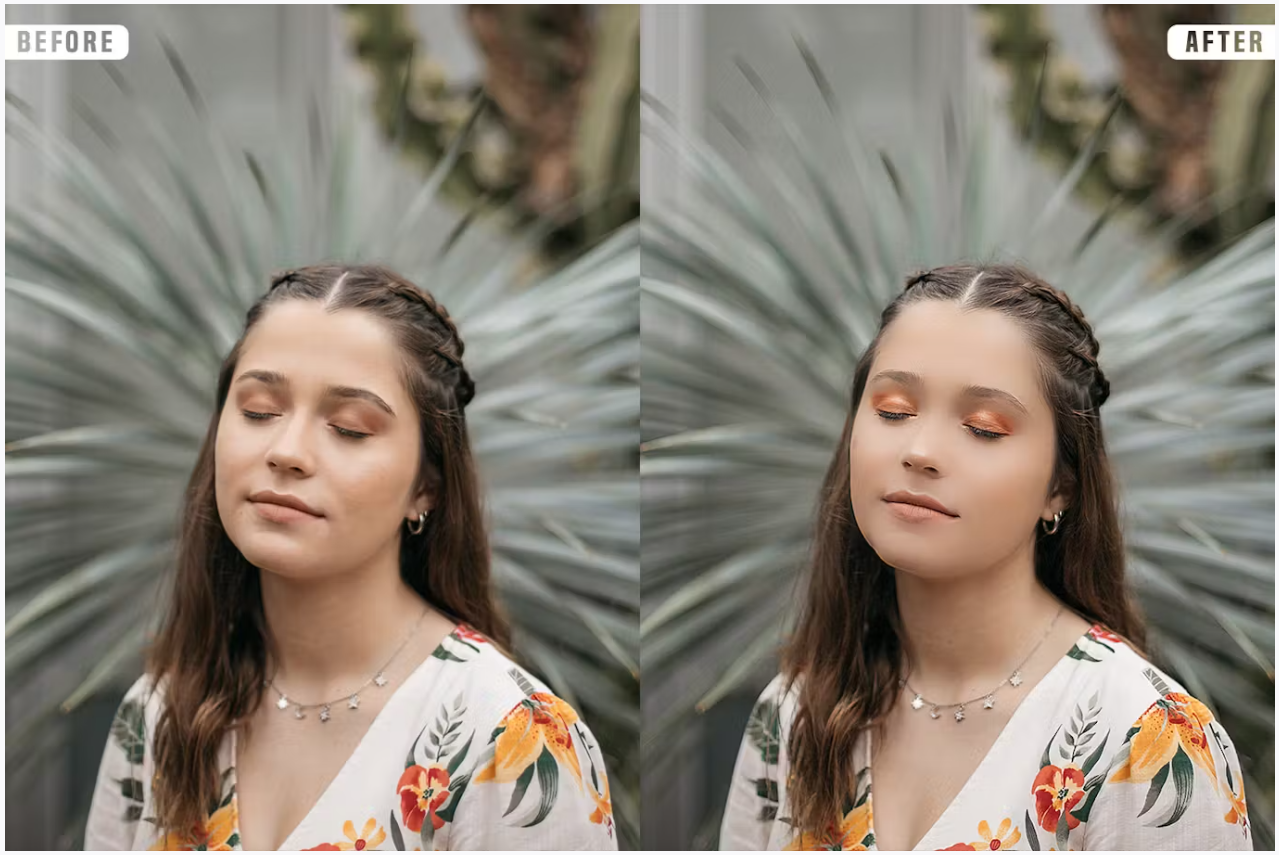Premature Aging Skin
Premature
Aging Skin
Unlocking the Secrets of Premature Aging Skin: Causes and Cutting-Edge Treatments
Introduction
Premature aging skin is a condition where the skin exhibits signs of aging earlier than expected. These signs include wrinkles, fine lines, sagging, and pigmentation changes, often appearing in individuals younger than their 40s. While aging is a natural process influenced by genetic factors, premature aging is largely driven by external and lifestyle factors. This article delves into the various aspects of premature aging skin, exploring its meaning, causes, and available treatments. We aim to provide a comprehensive understanding of the condition and offer practical advice for prevention and management.
Understanding Premature Aging Skin
Premature aging skin is characterized by the early onset of typical aging signs. Unlike natural aging, which occurs gradually over decades, premature aging accelerates these processes, making the skin appear older than it should be. This condition is marked by symptoms such as wrinkles, fine lines, sagging, and pigmentation changes. The biological mechanisms behind skin aging involve both intrinsic factors (genetics) and extrinsic factors (environment and lifestyle).
Causes of Premature Aging Skin
Numerous factors contribute to premature aging skin. The most common causes include:
- Sun Exposure: Ultraviolet (UV) radiation is a primary cause, damaging collagen and elastin fibers.
- Smoking: Tobacco smoke reduces blood flow to the skin, depleting essential nutrients.
- Diet: Poor nutrition, especially diets high in sugar and processed foods, accelerates aging.
- Stress: Chronic stress increases cortisol levels, leading to skin damage.
- Pollution: Environmental pollutants trigger oxidative stress and inflammation.
- Sleep Deprivation: Lack of sleep hinders skin repair and regeneration.
Each of these factors significantly impacts skin health and accelerates the aging process.
The Role of Genetics in Skin Aging
Genetics play a crucial role in how our skin ages. Inherited skin type, genetic predisposition to certain skin conditions, and family history are key factors. The interplay between genetics and environmental factors is also significant, as genetic predispositions can be exacerbated by lifestyle choices.
Lifestyle Choices and Premature Aging
Lifestyle choices significantly affect skin health. Habits such as diet, exercise, sleep, and skincare routines influence premature aging. Adopting a lifestyle that promotes healthy skin involves balanced nutrition, regular physical activity, adequate hydration, and a consistent skincare regimen.
The Impact of Stress and Mental Health on Skin Aging
The connection between stress, mental health, and skin aging is profound. Stress hormones like cortisol contribute to skin aging, and chronic stress can have detrimental effects on skin health. Techniques for managing stress, such as mindfulness, meditation, and relaxation exercises, can help mitigate its impact on the skin.
Skincare Products and Ingredients for Anti-Aging
Selecting the right skincare products is vital for combating premature aging. Effective anti-aging ingredients include retinoids, hyaluronic acid, peptides, antioxidants, and sunscreen. Building a personalized skincare routine tailored to individual skin types and concerns is essential for maintaining youthful skin.
Professional Treatments for Premature Aging Skin
Various professional treatments can help address premature aging skin, including:
- Chemical Peels: Exfoliate the skin to remove damaged layers.
- Microdermabrasion: Polishes the skin to reduce fine lines and wrinkles.
- Laser Therapy: Targets pigmentation and stimulates collagen production.
- Injectables: Botox and fillers for reducing wrinkles and restoring volume.
- Microneedling: Promotes collagen production through controlled skin injury.
Each treatment offers specific benefits and should be chosen based on individual skin types and concerns.
Natural Remedies and Holistic Approaches
Natural remedies and holistic approaches can complement conventional treatments for premature aging skin. Ingredients like aloe vera, coconut oil, and green tea are beneficial, while holistic practices such as acupuncture, facial massage, and dietary supplements can support skin health.
Preventative Measures for Healthy Skin
Prevention is the best strategy against premature aging. Essential preventative measures include:
- Sun Protection: Using sunscreen, wearing protective clothing, and seeking shade.
- Healthy Diet: Consuming antioxidants, vitamins, and minerals that support skin health.
- Regular Skincare: Maintaining a consistent routine with appropriate products.
- Avoiding Smoking and Excessive Alcohol: Minimizing exposure to harmful substances.
- Stress Management: Incorporating stress-relief practices into daily life.
Implementing these measures effectively can help maintain youthful, healthy skin.
Case Studies and Personal Experiences
Real-life case studies and personal experiences offer valuable insights into managing premature aging skin. Stories from individuals who have successfully combated premature aging provide practical advice and inspiration. Expert commentary adds context and further guidance based on these experiences.
Conclusion
Premature aging skin is a multifaceted condition influenced by a combination of genetic, environmental, and lifestyle factors. Understanding the causes and implementing effective treatments and preventative measures can significantly improve skin health and appearance. This article aims to empower readers with knowledge and practical tools to combat premature aging and maintain youthful, healthy skin.
FAQ's
The most effective way to prevent premature aging skin is through comprehensive sun protection, including daily use of broad-spectrum sunscreen, wearing protective clothing, and avoiding peak sun exposure times.
Yes, diet plays a crucial role in skin health. A diet rich in antioxidants, vitamins, and minerals can help protect the skin from oxidative stress and support collagen production, while a diet high in sugar and processed foods can accelerate aging.
Natural remedies can complement professional treatments but may not be as immediately effective. They are generally safer and have fewer side effects, making them a good option for ongoing maintenance and prevention.


